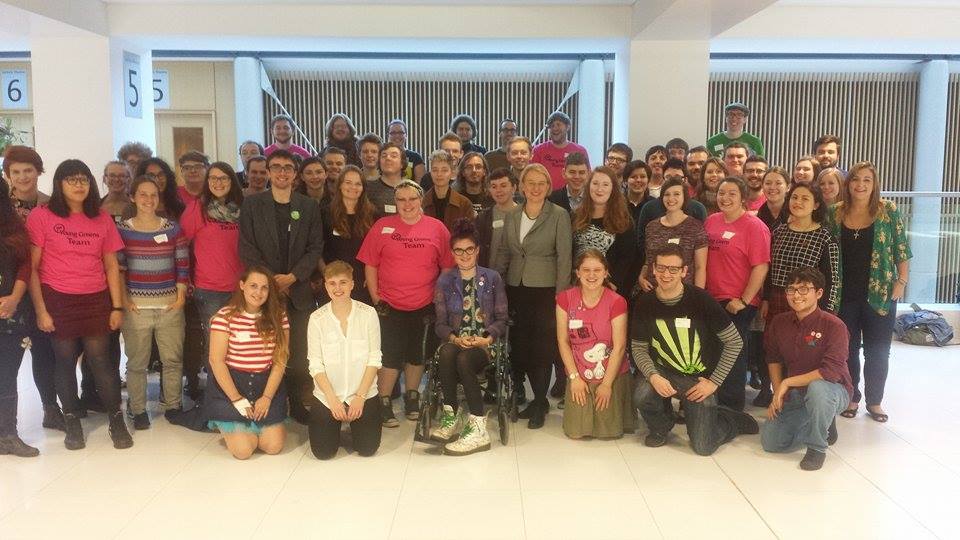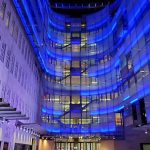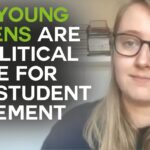How the Young Greens are opening up a conversation about neurodiversity

For the past few months, I’ve gone through a personal process of recognising that I share certain traits with people diagnosed as autistic. I believe this means I sit on the “Autistic Spectrum”. At the first meeting Neurodiverse Young Greens had at Convention, members brought up challenges they face when participating in events such as Convention, and I hadn’t realised that (1) I also face those challenges and (2) Not everyone faces those challenges. This meant we recognised that there is an issue, and we should take steps to rectify them. Examples of challenges which were brought up included everything from getting lost easily at Convention due to no maps of the building being readily available, to finding it difficult processing large blocks of policy related information during plenary sessions.
I have seen my GP about seeking a diagnosis, but was informed that seeing as it doesn’t cause me any kind of acute disability, there’s no point in getting diagnosis. I don’t think that’s particularly helpful. I think it would be useful if a medical professional could say “you share certain traits with people on the autistic spectrum” just to confirm in my head that I’m not wrong. My concern is that I might find myself in a situation where I face difficulties due to my neurodiversity, and my lack of education about my own behaviour means I’m unable to recognise the issue.
The launch of Neurodiverse Young Greens means that there’s effectively an informal support network available within the Young Greens. The group started around May 2015, and have since grown to at least 40 members. My experience of it has been extremely positive, with people sharing their personal journeys towards recognising their neurodiversity, and discussing how they can seek diagnosis and make the spaces they operate in more inclusive of their needs.
According to the National Symposium on Neurodiversity at Syracuse University, “Neurodiversity is a concept where neurological differences are to be recognized and respected as any other human variation. These differences can include those labeled with Dyspraxia, Dyslexia, Attention Deficit Hyperactivity Disorder, Dyscalculia, Autistic Spectrum, Tourette Syndrome, and others.”
As the largest sub-group within the Green Party of England and Wales, Young Greens have ‘liberation groups’. Liberation groups exist to provide self-identifying members with a space in which to organise and to work towards better representation and inclusivity. They include Young Greens Women, LGBTQIA Young Greens, and now Neurodiverse Young Greens.
I think it’s important that we’re open about mental health issues and neurodiversity. People facing mental health challenges often feel stigmatised to the point of not telling their friends and family. If we can be more open, we can start to reduce the stigma and become better able to support each other.
We’re running our first ever internal election for co-chairs. To put yourself forward for co-chair of Neurodiverse Young Greens, email co-chairs@younggreens.org.uk stating what position you are standing for and including a statement (max. 300 words) on why you are standing, why you fit the role, and what you would like to do in the role. Applications will close at midnight on Saturday 28th November, and will be voted on by self-identifying members of Neurodiverse Young Greens.




it’d be great if they actually did some campaigning too instead of all this constant inward-looking navel-gazing.
This is a very important step the Young Greens are taking, and they are to be congratulated on it. It is now important to spread this awareness through the Party.